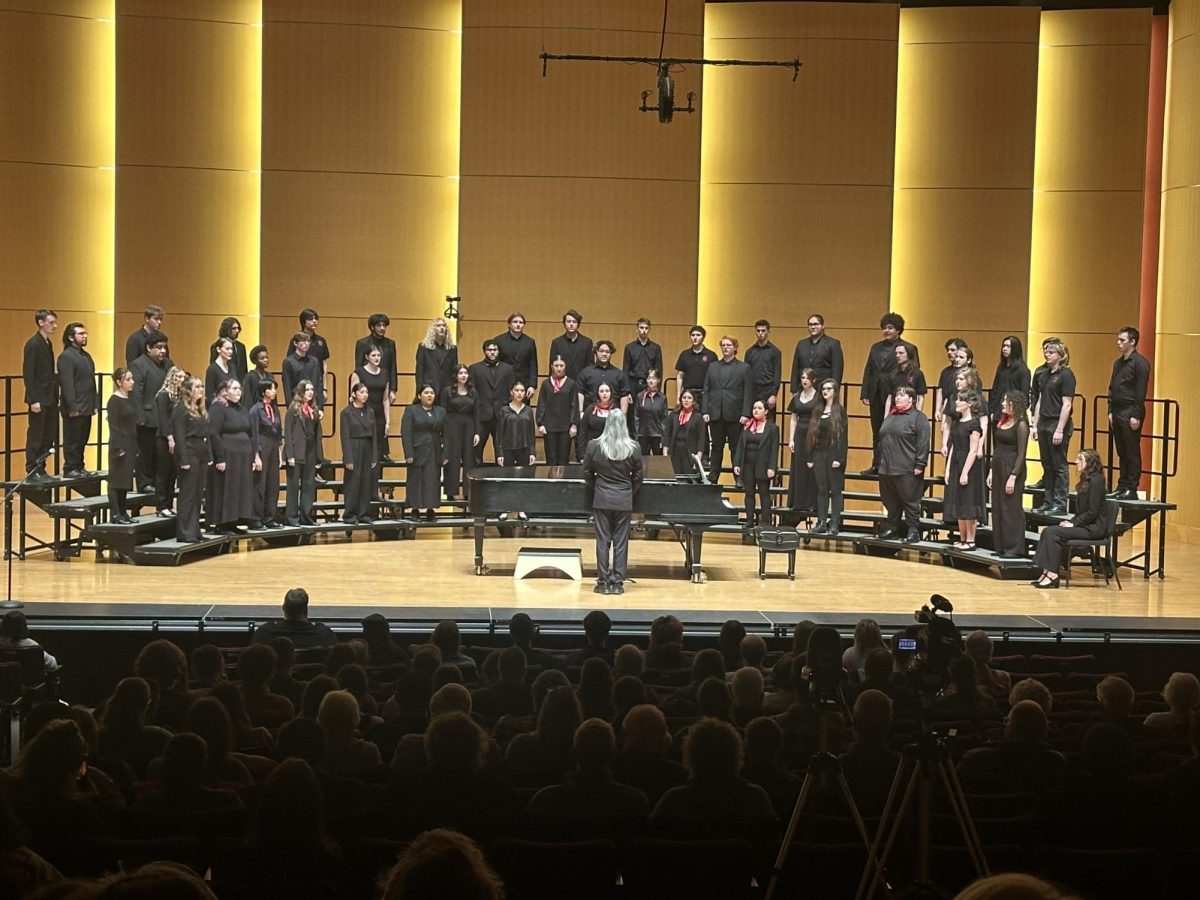BY JARYD CLINE, Sports Editor
It was a cool, cloudy Thursday night in early October, and for this particular house on Sampson Street, it was a traditional party night.
Thursdays are drinking nights, according to resident John Lynch. The house was plastered with beer signs and posters. The kitchen was even equipped with a vintage full-sized pop can dispenser, custom-filled with Rainier’s and Coors Light, only $1.25, no I.D. needed.
This particular night there was no beer pong in the kitchen, but an intense two-on-two game of pool was underway in the living room. The lights were off and the room was lit by the retro Miller Lite neon sign reading “It’s Miller Time.”
“Got that at a yard sale for 25 bucks,” resident Beau Bridgman said.
As the party grew and the night went on, many of the guests migrated to the large back yard to escape the crowded house. Out of nowhere, a cop pulled up into the alleyway, sending the guests into a frenzy. However, the officer wasn’t there to bust underage drinkers or watch for drunken drivers — he was there to enforce the city’s strict noise ordinance policy.
“We talked to them, were respectful to them, hoping and assuming we were going to get a warning,” Lynch said.
The residents tried to reason with the officer, but to no avail. A ticket was issued and a court date set, leaving the residents in no mood to continue their party.
“The causes are usually loud voices, yelling and loud music … the three major components we respond for,” Ellensburg Police Department officer Jim Weed said.
Lynch, Chad Studebaker and the rest of the residents of the Sampson house are just a few of the many Central students who like to enjoy themselves after a stressful week of school.
In recent years, the Ellensburg Police Department has been ticketing home and apartment residents for violating the city’s noise ordinance at staggering rates. Since the beginning of 2012, the Ellensburg Police Department has issued 160 noise-violation citations with 75 percent going to Central students.
“The more densely populated areas receive more attention, almost typically duplexes and apartments … typically students,” Weed said.
To many students’ dismay, Ellensburg is home to some of the steepest noise-violation fees in the state. A first-offense noise violation will get you a $513 fee while a second offense in less than a year will put you out $1,025, which is more than most students’ rent. The fee for a third offense in less than a year is a $2,050 fine, sure to break the bank of any college student. This includes a visit with Central’s chief conduct officer and the Campus Community Coalition coordinator.
With the fee doubling for a second offense, many of the residents learned their lesson and kept the noise down in the future, but that wasn’t always the case this past year. Of the 160 houses issued a noise citation since 2012, 19 of the houses have been given a second violation, while one house was slapped with three citations, resulting in a $2,050 fine for the residents.
Although the Ellensburg noise ordinance says nothing about the penalties for receiving a fourth violation in under a year, two houses on Courtney Court and North Willow Street were each cited for violating the noise ordinance four and five times respectively since early 2012.
The 22 repeat houses combined have received 50 noise violations since 2012. Nearly 80 percent of the violations were issued on either a Friday or Saturday, while there was only one issued on a non-traditional party day, Tuesday.
The cost for a first-offense noise violation in Ellensburg is nearly twice as high as Cheney, home to Eastern Washington University, and Bellingham, home to Western Washington University.
It’s almost a given there are going to be complaints about the high prices for fines in any city, let alone a college city inhabited by nearly 10,000 poor college students.
Not too long ago Ellensburg had a more tolerable and financially bearable fee for noise violations. In fall 2010, the state Administrative Office of the Courts found that Kittitas County had not been imposing some of the fees. Lower Kittitas County District Court was forced to update its local law bail schedule, considerably raising the penalties for some offenses, most notably the noise ordinance, according to Ellensburg City Council member and fire chief Rich Elliott.
The majority of the time the Ellensburg Police Department responds to noise complaints only after they are called in by KITCOM, the civilian-staffed 911 center that serves 17 public safety agencies in Kittitas County.
“There’s a myth that this police department rolls around looking for noise violations to give,” Weed said. “We don’t go to a party unless it’s called in. We have way too many calls to service to just drive around and go to parties.”
Lynch and Studebaker, recipients of two violations this school year at their house on Sampson Street, feel like they have been targeted after getting their initial violation.
“After that [first violation] we were just hanging out here on a Thursday and we noticed a cop pull in front of our house and started looking at our house,” Studebaker said. “I swear they drive by and once you already have one [noise violation] you’re on the list.”
Although the residents had no music or any loud noises when the officer pulled up outside their house, this instance led to the growing suspicion that they were being targeted. Fast forward a few weeks, same location and just after 10 p.m. Country music echoed lightly throughout the downstairs area, the iPod dock was set at just 50 percent volume while each of the six people in the house talked quietly in the living room, sipping on their beers, waiting to head out to the bars. A knock at the door revealed a tall man dressed in blue, a smile plastered across his face with a ticket in hand. The officer handed off the ticket to the first resident to open the door and went on his way, leaving all the Sampson residents baffled.
“They said they could hear it from 100 feet but the music was not loud at all,” Studebaker said. “Probably when they’re making their rounds … there were six people here total, some music going but nothing insane,” Lynch said.
In a past interview with the Ellensburg Daily Record, former city councilwoman Fennelle Miller said, “It’s really clear to me that the police use every means possible to defuse the situation before they give a ticket.”
The residents thought otherwise.
“No, there was none of that, no hope for it at all,” Lynch said.
“They just came up and dropped the bill off at the door, that’s all that happened,” Studebaker said.
In a chance to revolt against the high fines from noise violations, a group of Central students, for a class assignment, created a petition requesting the city council to lower the noise violation fine. While the petition only had 80 signatures, the group never followed up with the petition, leaving the city council full of questions.
As if college isn’t already tough enough, the question of where to live after the initial year of living in dorms might be a lot tougher to answer for future students. With the number of expensive noise violations rising, many students might think twice about where they choose to live.
Two of the members of the Sampson house have been searching around the Ellensburg area for another house to live in next year. And while the noise violations weren’t the only reason that sparked the move, they will play a big part in where the residents will look to move.
“You can’t really escape it, everywhere you go, I mean I’ve seen and been at lots of places where they’ve had complete BS noise complaints just like [our second one],” Studebaker said.
Officer Weed concluded: “It’s something that we take seriously because it’s a quality of life … the officers do take it seriously.”







